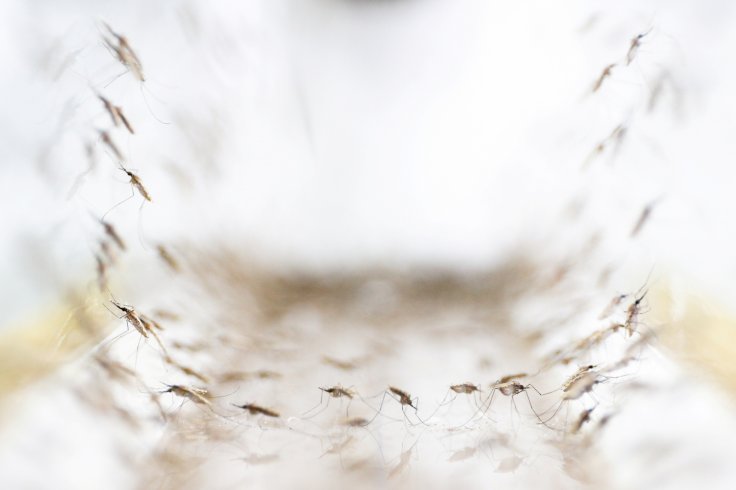
If you are tired of using mosquito-resistant creams and other medication, then you should know about a pill, which could make the blood poisonous to those insects and will help stem the spread of malaria.
This new method was discovered by a group of scientists and the study was published on Thursday, March 29, 2018 in the journal The Lancet Infectious Diseases.
The medication, known as ivermectin, is effective against parasites and was in use since the 1980s to treat head lice, scabies, river blindness, strongyloidiasis, and lymphatic filariasis, among others.
However, the new study, conducted by Liverpool School of Tropical Medicine in Kenya, said that consumption of a high dosage of ivermectin as a pill for three days will make the blood of the patient poisonous enough to mosquitos for up to 28 days. But it has some some side effects that the researchers are working on now.
Dr Menno Smit of the Liverpool School of Tropical Medicine said that they found an exciting fact about using the medication is "even one month after (consuming) ivermectin, their blood was still killing mosquitoes. That's much longer than we thought."
This research included 47 participants, from whom researchers took the blood samples first and then they had the pill as per the requirement of the study to confirm its effects on mosquitos.
Smit said that they put the blood in an artificial membrane that mosquitoes could bite on and then observed it. Later they found that most of those blood-sucking insects died within a week and found that 97 percent of the mosquitoes died within two weeks.
This breakthrough research process was also supported by Kenya Medical Research Institute and U.S. Centers for Disease Control and Prevention.
The World Health Organization (WHO) says malaria is preventable and a treatable disease and it can be cured by eliminating the Plasmodium parasite from the patient's blood to prevent progression of uncomplicated malaria to become a severe disease or death, and to chronic infection that leads to malaria-related anaemia.
But the researchers are trying to make ivermectin as the main medicine to combat malaria by reducing the population of these flying insects. Moreover, research and tests on children are required to study the side effects.
Malaria is one of the diseases affecting the productive life of many people. In Singapore, the annual years of healthy life lost per 100,000 people from malaria has increased by 13.3% since 1990, an average of 0.6% a year.
WHO reported that almost half of the world's population is at risk of malaria and in 2015 about 429,000 death cases were reported from all around the world, due to malaria. The Sub-Saharan Africa carries the high share of the global malaria burden.
"In 2015, the region was home to 90% of malaria cases and 92% of malaria deaths," WHO stated.
However, the organization listed few more facts about the disease and these are:
- Children, aged 5 are at the risk of malaria. More than 70 percent of all malaria deaths occur in this age group.
- In 2015 almost 303,000 African children died due to malaria before the age of 5.
- Since 2010, malaria mortality rates have fallen globally by 29 percent among all age groups and by 35 percent among children under 5.
- Parasite resistance to artemisinin, the core compound in WHO-recommended combination treatments for uncomplicated malaria, has been detected in Cambodia, Laos, Myanmar, Thailand and Viet Nam.
- From 2010 to 2015, there was an 80 percent increase in the use of insecticide-treated nets for all population at risk of malaria in sub-Saharan Africa.
- Indoor residual spraying is the most effective way to reduce malaria transmission.
- Pregnant women are at high risk of malaria.
- Malaria can trap families and communities in a downward spiral of poverty, disproportionately affecting poor people who cannot afford treatment or who have limited access to health care.









